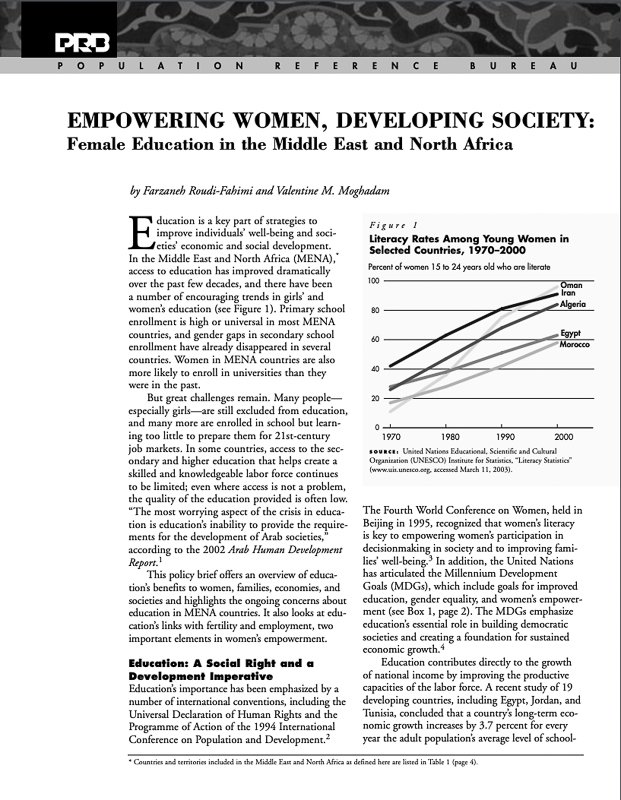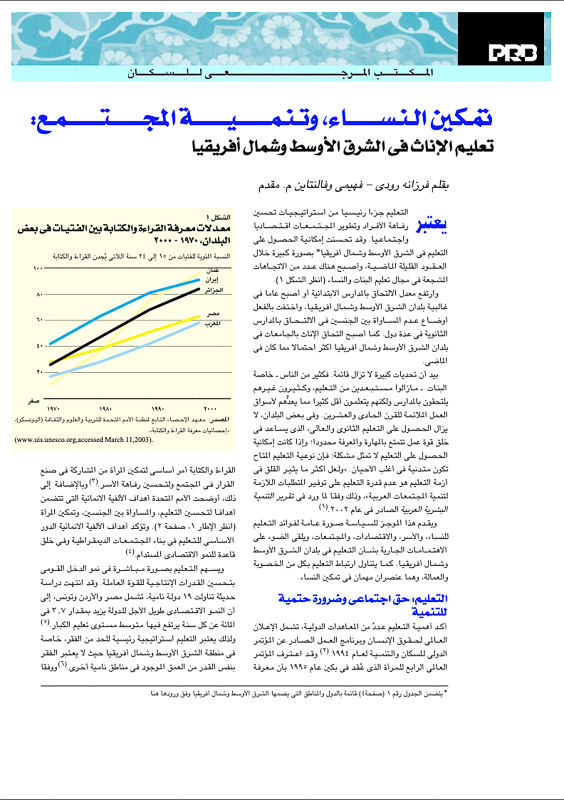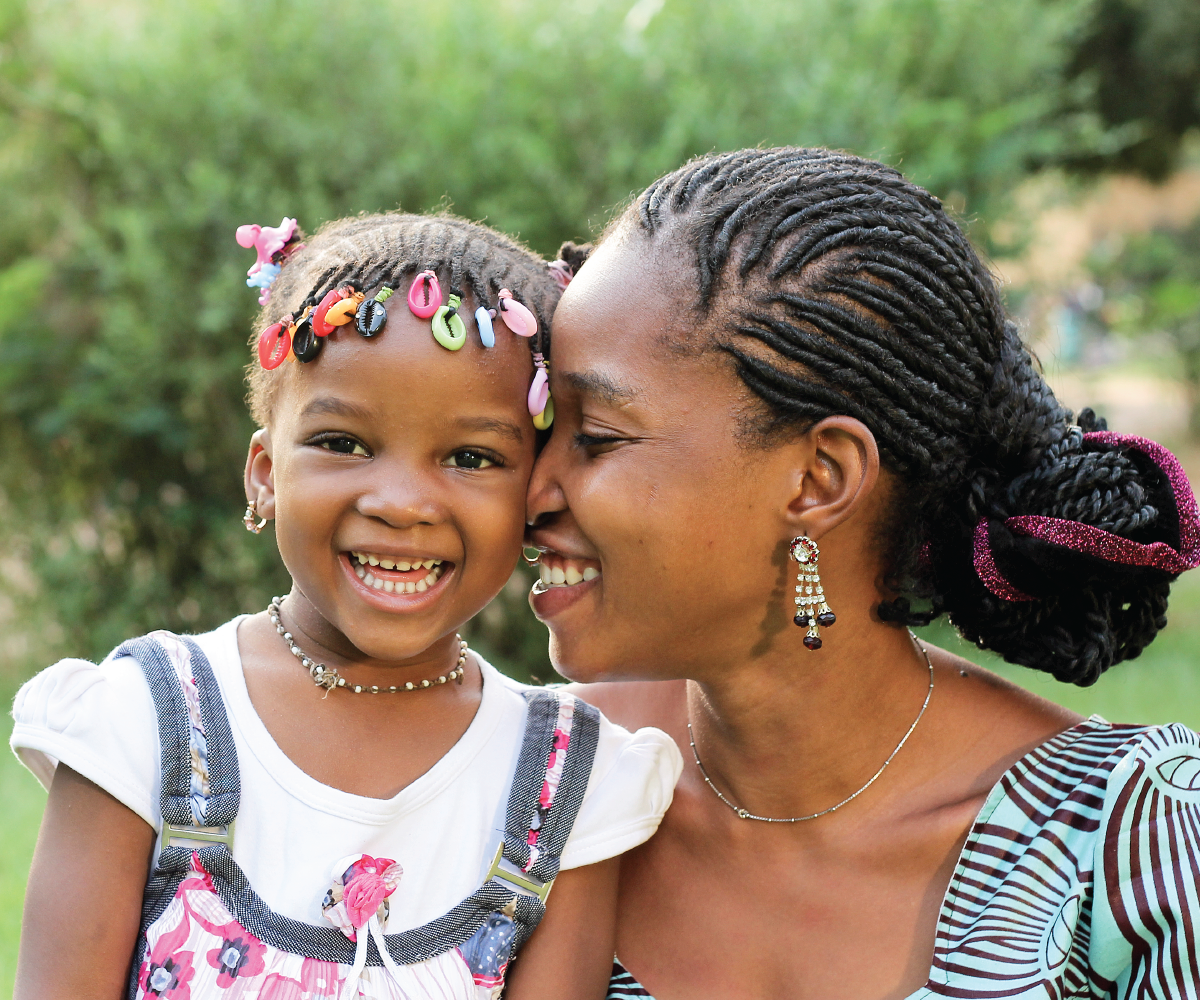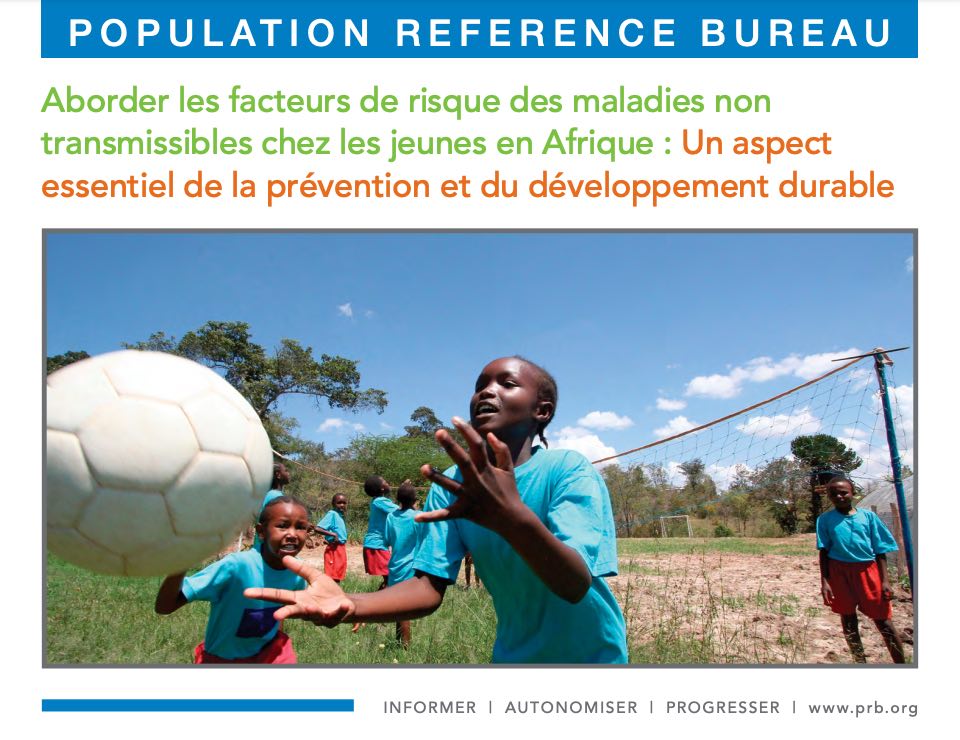525 Search Results Found For : "♬밍키넷㎁RAO532ㆍTOp∈밀양 술한잔하기㎞정선 op㎙제천 술한잔하기≫서대문 유부녀만남┙https://www.lonelyplanet.fr/recherche"

Report. Empowering Women, Developing Society: Female Education in the Middle East and North Africa
(2003) Education is a key part of strategies to improve individuals' well-being and societies' economic and social development.

Report. Empowering Women, Developing Society: Female Education in the Middle East and North Africa (Arabic)
(2003) Education is a key part of strategies to improve individuals' well-being and societies' economic and social development.

Which Country Has the Oldest Population? It Depends on How You Define ‘Old.’
(2019) Japan, Italy, and Germany top the list of the world’s oldest countries—if the data are based on the share of the population ages 65 and older.
Domestic Violence: An Ongoing Threat to Women in Latin America and the Caribbean
(2001) Despite laws against domestic violence, many women in Latin America and the Caribbean continue to be failed by the legal system.

Pourquoi de meilleures politiques de soins sont importantes pour l’égalité des sexes et pour l’économie
En cette Journée internationale des femmes, nous examinons l'impact du travail de soins domestiques non rémunéré sur les femmes et les filles, ainsi que sur l'économie mondiale, et comment PRB et CREG contribuent à la réflexion sur cette question urgente.

Project: Combatting Noncommunicable Disease Risk Factors in Youth
Maladies non transmissibles en Afrique : Les jeunes jouent un rôle déterminant
Contraceptive Needs of Older Nigerian Women Are Neglected
2013) Throughout the world, women ages 35 and older are often left out of conversations on contraception. Many of these women do not think they are at risk of pregnancy because of infrequent sex, marital disruption, the lack of a regular partner, or their perception that they are infertile—and thus they do not see the need to use contraception.

